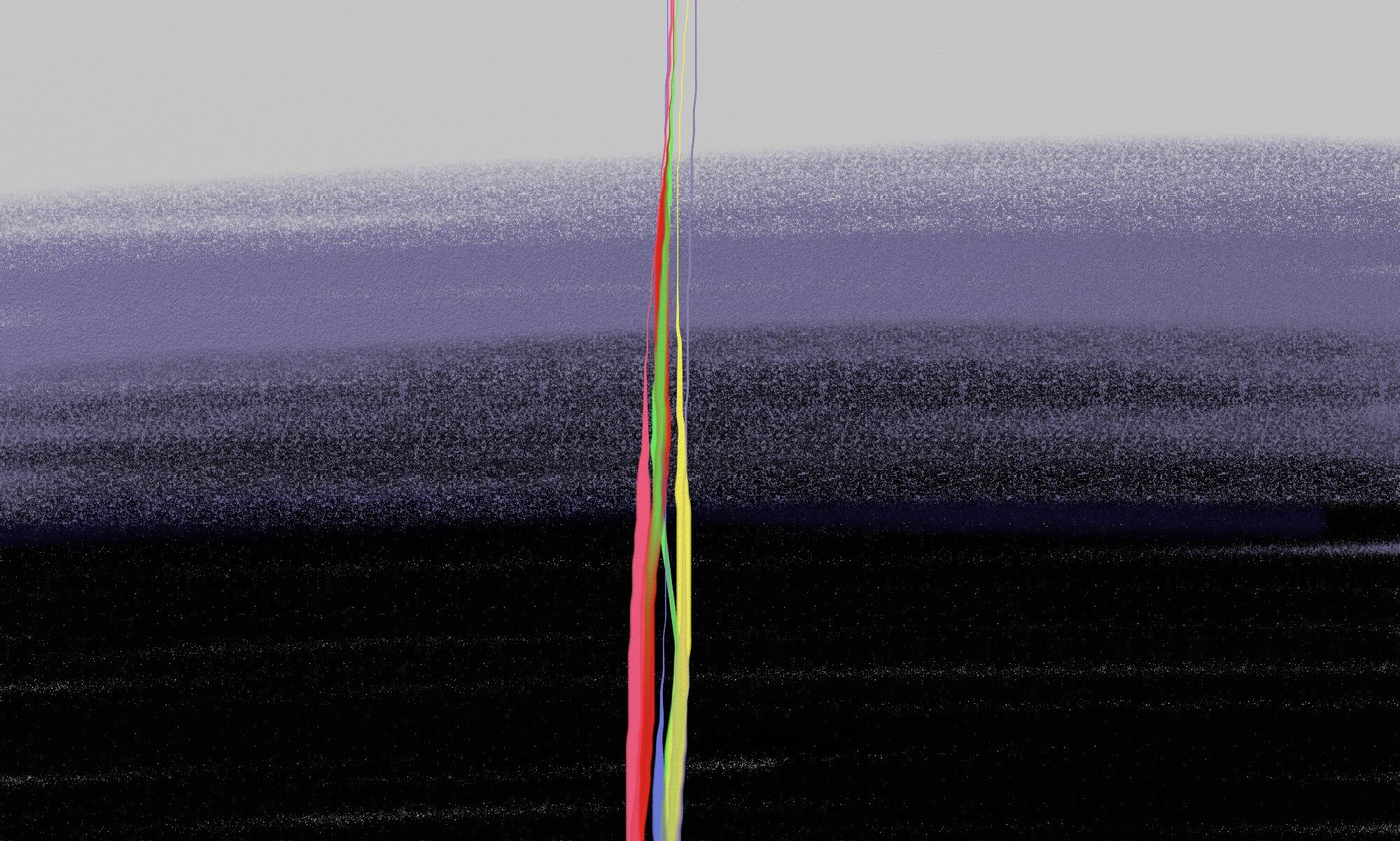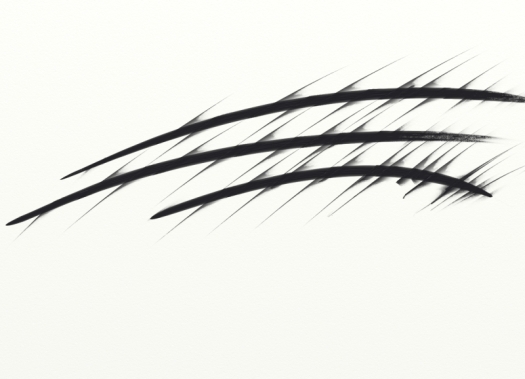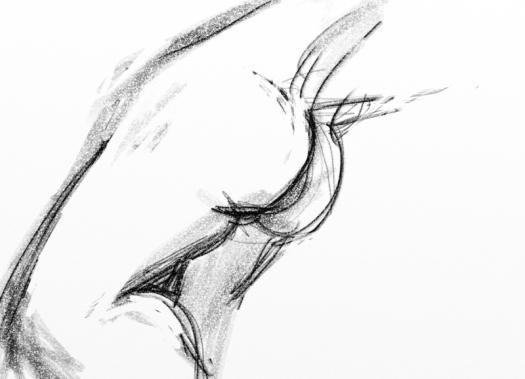One thing leads to another. Reading William Gibson’s Spook Country & thinking about Thousand Sketches as an exploration in cyberspace has led me to this: The prints are stones that point back to this blog. The blog is a cyber-stage where the sketches originate & live surrounded by conversation, it is their home. Prints phone home.
~
I found this: Nicolas Bourriaud:
…relational art seeks to establish inter-subjective encounters that literally take place – in the artist’s production of the work, or in the viewer’s reception of it – or which exist hypothetically, as a potential outcome of our encounter with a given piece. In relational art, meaning is said to be elaborated collectively (p18) rather than in the space of individual consumption. Relational art is thus conceived as the inverse of the privatised space of modernism as articulated differently by Clement Greenberg and Rosalind Krauss: rather than a discrete, portable, autonomous work of art that transcends its context, relational art beholden to the contingencies of its environment and audience. In some manifestations of this art, such as the performance-installations of Rirkrit Tiravanija, viewers are addressed as a social entity, and are even given the wherewithal to create a community, however provisional or utopian.
~
I have been looking at sign-posts all day, physical objects that manage people flow, much like cairns on mountain tracks that guide the walkers. Skyscrapers are piles of rocks. They are that, and merely house the socius. Times Warner across the road would exist, building or no building. World Trade still goes on.
~
All art is relational, so I am diverting a bit from Nicolas here, he is right, but the expressionists had Clement Greenberg, that was part of their relational context. I looked at lots of paint on canvas today in the MoMa. Saw beautiful stuff! Was it paint on canvas? They were signposts to times and places, to people and ideas, to battles won & lost, to deals done, to the names on the walls like Rockefeller. None of it would be there but for its hermetic quality. They are all Divine & Mortal Children of Hermes.
~
Interestingly Rirkrit Tiravanija (mentioned in the quote above) is a modern day Moreno, creating a stage for spontaneity.
~
Hermes derives his name from piles of rocks that travellers used to guide their way, known as Herms. They are really an early form of Google. They are links. My prints are links to this site…
ah! Physical links to a virtual place… eversion!
Related:
Interview




